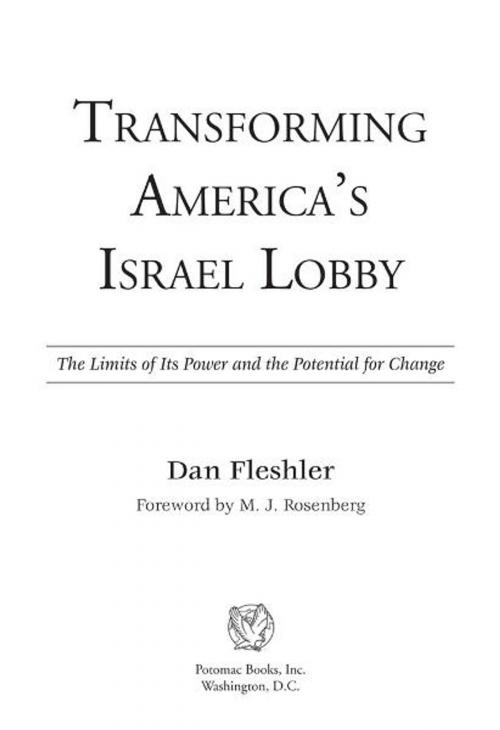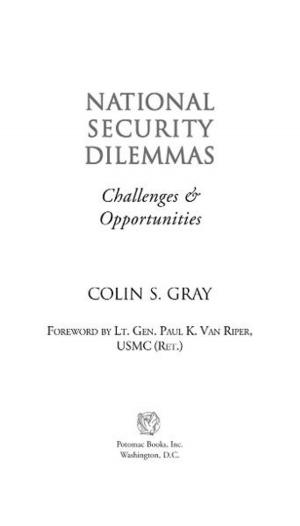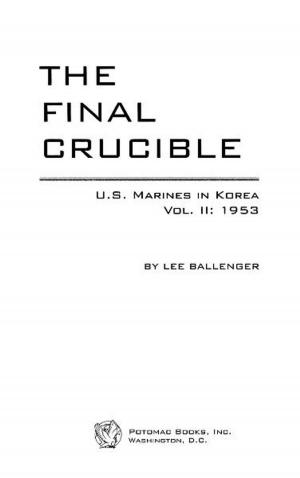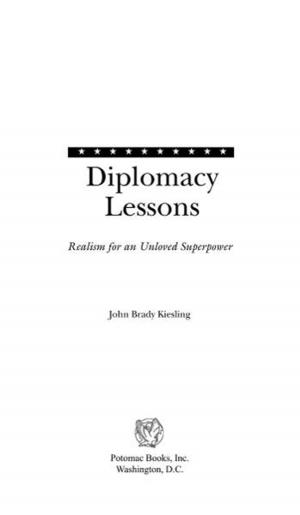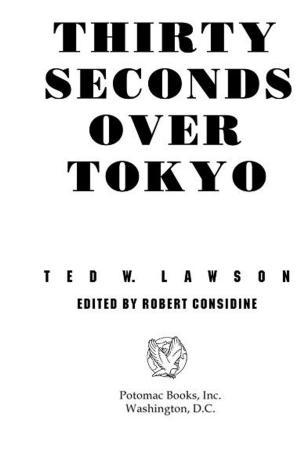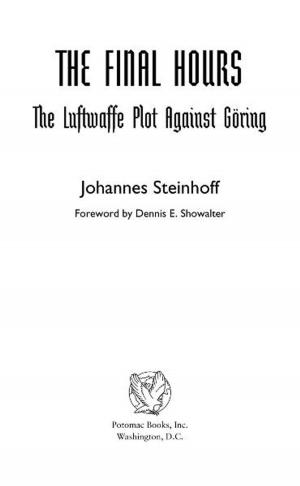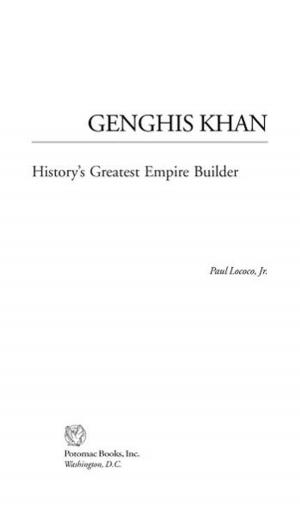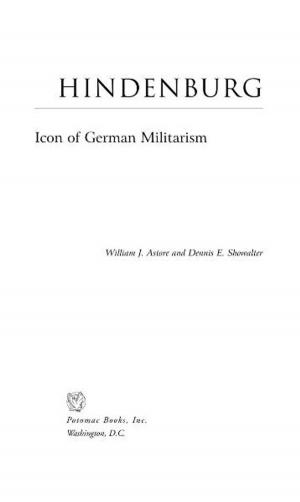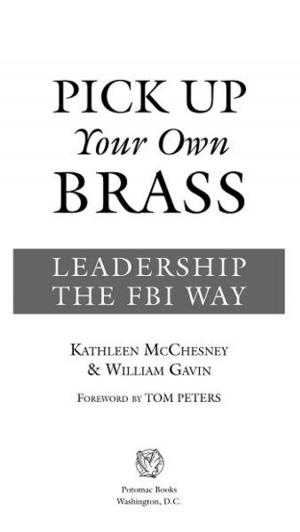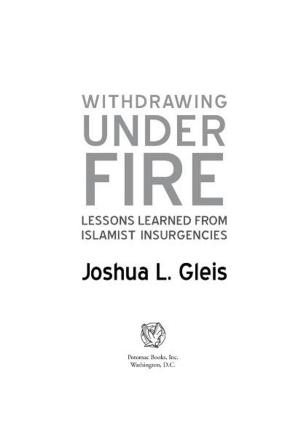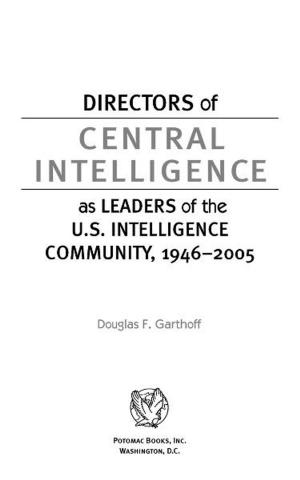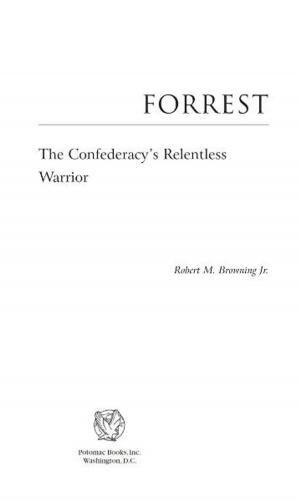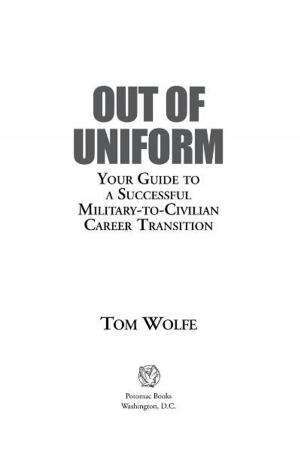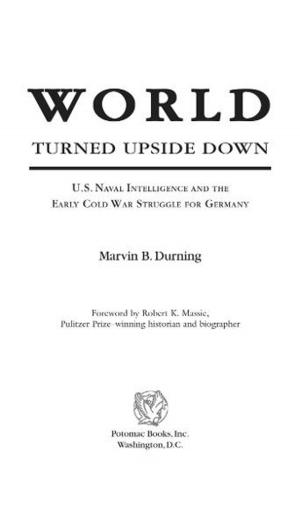Transforming America's Israel Lobby: The Limits of Its Power and the Potential for Change
Nonfiction, History, Middle East, Israel, Social & Cultural Studies, Political Science, International, International Security, International Relations| Author: | Dan Fleshler | ISBN: | 9781597976244 |
| Publisher: | Potomac Books Inc. | Publication: | May 30, 2009 |
| Imprint: | Language: | English |
| Author: | Dan Fleshler |
| ISBN: | 9781597976244 |
| Publisher: | Potomac Books Inc. |
| Publication: | May 30, 2009 |
| Imprint: | |
| Language: | English |
Does America's “pro-Israel lobby,” including the legendary American Israel Public Affairs Committee (AIPAC), have as much power as is commonly believed? Does it have an unbreakable stranglehold on America's Middle East policies? The answer is no, according to Dan Fleshler, an American Jewish activist who has worked within his community to try to counteract AIPAC and its allies.
Written from the singular perch of a liberal American Jew who wants to create an alternative lobby in order to encourage more evenhanded U.S. policies in the Middle East, Fleshler's new book, Transforming America's Israel Lobby, sheds new light on how Israel's American supporters exert their influence in Washington. With original research, it skewers myths propounded by the defenders of America's mainstream, pro-Israel community as well as its detractors, notably John Mearsheimer and Stephen Walt. It demonstrates that much of AIPAC's power is based on smoke and mirrors, on its ability to manage the perceptions of the political elite and promote exaggerated notions of its resources and clout.
Having put AIPAC and its allies in proper perspective, the book provides the first detailed examination of the opportunities for—and obstacles to—creating a domestic political bloc that is pro-American, pro-Israeli and pro-Palestinian. It offers concrete, provocative suggestions to Americans—Jews and non-Jews alike—who want to embolden the U.S. government to disagree with Israel when necessary, and to press both Israelis and Palestinians to make the compromises required for peace.
Why have American Jews, one of the most liberal communities in the United States, allowed hawks and neoconservatives to speak for them in Washington on matters related to Israel? Where have all the Jewish doves been hiding all of these years? Why didn't more of them speak out against America's invasion of Iraq? What can be done to mobilize Americans who believe that stopping both Israeli settlement expansion and Palestinian terrorism are vital American interests, and who want to give U.S. officials more political leeway to lean on both sides of the conflict, rather than just one side?
Dan Fleshler, who has spent a quarter century as a consultant, board member and volunteer for a wide range of Jewish organizations, is in a unique position to answer these questions. He does so based on his own extensive experience in the American Jewish community, as well as interviews with Washington insiders, American Jewish leaders, Arab American and Christian church activists who focus on the Middle East, Israeli diplomats and politicians, and other experts.
This book is a clarion call to “passionate moderates” who want to see an end to the Israeli occupation and who envision a viable Palestinian state; both goals can be achieved, according to Fleshler, via a robust American diplomacy that does not sell out the interests of either Israelis or Palestinians.
Written from the singular perch of a liberal American Jew who wants to create an alternative lobby in order to encourage more evenhanded U.S. policies in the Middle East, Fleshler's new book, Transforming America's Israel Lobby, sheds new light on how Israel's American supporters exert their influence in Washington. With original research, it skewers myths propounded by the defenders of America's mainstream, pro-Israel community as well as its detractors, notably John Mearsheimer and Stephen Walt. It demonstrates that much of AIPAC's power is based on smoke and mirrors, on its ability to manage the perceptions of the political elite and promote exaggerated notions of its resources and clout.
Having put AIPAC and its allies in proper perspective, the book provides the first detailed examination of the opportunities for—and obstacles to—creating a domestic political bloc that is pro-American, pro-Israeli and pro-Palestinian. It offers concrete, provocative suggestions to Americans—Jews and non-Jews alike—who want to embolden the U.S. government to disagree with Israel when necessary, and to press both Israelis and Palestinians to make the compromises required for peace.
Why have American Jews, one of the most liberal communities in the United States, allowed hawks and neoconservatives to speak for them in Washington on matters related to Israel? Where have all the Jewish doves been hiding all of these years? Why didn't more of them speak out against America's invasion of Iraq? What can be done to mobilize Americans who believe that stopping both Israeli settlement expansion and Palestinian terrorism are vital American interests, and who want to give U.S. officials more political leeway to lean on both sides of the conflict, rather than just one side?
Dan Fleshler, who has spent a quarter century as a consultant, board member and volunteer for a wide range of Jewish organizations, is in a unique position to answer these questions. He does so based on his own extensive experience in the American Jewish community, as well as interviews with Washington insiders, American Jewish leaders, Arab American and Christian church activists who focus on the Middle East, Israeli diplomats and politicians, and other experts.
This book is a clarion call to “passionate moderates” who want to see an end to the Israeli occupation and who envision a viable Palestinian state; both goals can be achieved, according to Fleshler, via a robust American diplomacy that does not sell out the interests of either Israelis or Palestinians.
Does America's “pro-Israel lobby,” including the legendary American Israel Public Affairs Committee (AIPAC), have as much power as is commonly believed? Does it have an unbreakable stranglehold on America's Middle East policies? The answer is no, according to Dan Fleshler, an American Jewish activist who has worked within his community to try to counteract AIPAC and its allies.
Written from the singular perch of a liberal American Jew who wants to create an alternative lobby in order to encourage more evenhanded U.S. policies in the Middle East, Fleshler's new book, Transforming America's Israel Lobby, sheds new light on how Israel's American supporters exert their influence in Washington. With original research, it skewers myths propounded by the defenders of America's mainstream, pro-Israel community as well as its detractors, notably John Mearsheimer and Stephen Walt. It demonstrates that much of AIPAC's power is based on smoke and mirrors, on its ability to manage the perceptions of the political elite and promote exaggerated notions of its resources and clout.
Having put AIPAC and its allies in proper perspective, the book provides the first detailed examination of the opportunities for—and obstacles to—creating a domestic political bloc that is pro-American, pro-Israeli and pro-Palestinian. It offers concrete, provocative suggestions to Americans—Jews and non-Jews alike—who want to embolden the U.S. government to disagree with Israel when necessary, and to press both Israelis and Palestinians to make the compromises required for peace.
Why have American Jews, one of the most liberal communities in the United States, allowed hawks and neoconservatives to speak for them in Washington on matters related to Israel? Where have all the Jewish doves been hiding all of these years? Why didn't more of them speak out against America's invasion of Iraq? What can be done to mobilize Americans who believe that stopping both Israeli settlement expansion and Palestinian terrorism are vital American interests, and who want to give U.S. officials more political leeway to lean on both sides of the conflict, rather than just one side?
Dan Fleshler, who has spent a quarter century as a consultant, board member and volunteer for a wide range of Jewish organizations, is in a unique position to answer these questions. He does so based on his own extensive experience in the American Jewish community, as well as interviews with Washington insiders, American Jewish leaders, Arab American and Christian church activists who focus on the Middle East, Israeli diplomats and politicians, and other experts.
This book is a clarion call to “passionate moderates” who want to see an end to the Israeli occupation and who envision a viable Palestinian state; both goals can be achieved, according to Fleshler, via a robust American diplomacy that does not sell out the interests of either Israelis or Palestinians.
Written from the singular perch of a liberal American Jew who wants to create an alternative lobby in order to encourage more evenhanded U.S. policies in the Middle East, Fleshler's new book, Transforming America's Israel Lobby, sheds new light on how Israel's American supporters exert their influence in Washington. With original research, it skewers myths propounded by the defenders of America's mainstream, pro-Israel community as well as its detractors, notably John Mearsheimer and Stephen Walt. It demonstrates that much of AIPAC's power is based on smoke and mirrors, on its ability to manage the perceptions of the political elite and promote exaggerated notions of its resources and clout.
Having put AIPAC and its allies in proper perspective, the book provides the first detailed examination of the opportunities for—and obstacles to—creating a domestic political bloc that is pro-American, pro-Israeli and pro-Palestinian. It offers concrete, provocative suggestions to Americans—Jews and non-Jews alike—who want to embolden the U.S. government to disagree with Israel when necessary, and to press both Israelis and Palestinians to make the compromises required for peace.
Why have American Jews, one of the most liberal communities in the United States, allowed hawks and neoconservatives to speak for them in Washington on matters related to Israel? Where have all the Jewish doves been hiding all of these years? Why didn't more of them speak out against America's invasion of Iraq? What can be done to mobilize Americans who believe that stopping both Israeli settlement expansion and Palestinian terrorism are vital American interests, and who want to give U.S. officials more political leeway to lean on both sides of the conflict, rather than just one side?
Dan Fleshler, who has spent a quarter century as a consultant, board member and volunteer for a wide range of Jewish organizations, is in a unique position to answer these questions. He does so based on his own extensive experience in the American Jewish community, as well as interviews with Washington insiders, American Jewish leaders, Arab American and Christian church activists who focus on the Middle East, Israeli diplomats and politicians, and other experts.
This book is a clarion call to “passionate moderates” who want to see an end to the Israeli occupation and who envision a viable Palestinian state; both goals can be achieved, according to Fleshler, via a robust American diplomacy that does not sell out the interests of either Israelis or Palestinians.
